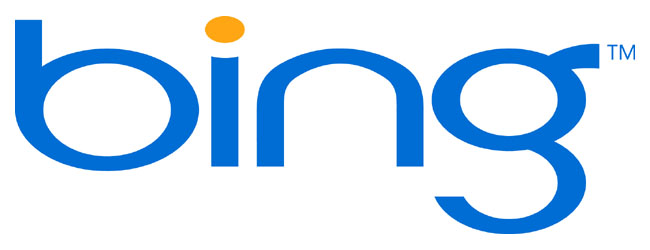
Microsoft launched its Bing search engine back in mid-2009 with a goal of taking on Google in the lucrative Internet search market—or, at least, the lucrative search advertising market. Although Google has yet to see much of a threat from Bing, Microsoft’s search engine is on the verge of marking a major milestone: according to Comscore, Bing is just about even with Yahoo in terms of its share of the U.S. search market. During November 2011, Comscore has Yahoo down 0.1 percent to a 15.1 percent share of U.S. searches, while Bing is up 0.2 percent to 15 percent. That essentially puts the two companies neck-and-neck.
So, while Bing may soon be able to sing “we’re number two!”—at least in the United States—it’s still far behind Google, which Comscore says accounted for 65.4 percent of the U.S. search market during the same period. However, it’s important to remember that for the last year and a half, Microsoft’s Bing has been performing the backend duties behind Yahoo search in the United States—so that means Microsoft is capturing and analyzing about 30 percent of U.S. search traffic, and using that information to profile and track users and deliver advertising.
Comscore’s figures cover some 17.8 billion “explicit core searches” during November 2011, which omits things like local directories, maps, and user-generated video sites like YouTube, as well as contextually-driven searches that don’t reflect “specific user intent” to use the search results.
On a side note, rival media metrics firms Comscore and Nielsen have announced a settlement of patent litigation between them: under the deal, Comscore will wind up owning four families of Nielsen patents asserted in the case, and grants Nielsen a worldwide license to four Comscore patents. Nielsen also walks away with about $19 million in restricted Comscore common stock—meaning the companies are a bit joined at the hip for a at least a year—and the companies agree not to sue each other over patents for three years.
Nielsen got its start providing ratings and audience measurement for television, and added online media ratings in recent years. The company sued Comscore, claiming it was violating five Nielsen patents related to measuring online content; Comscore countersued, claiming Nielsen violated some of its patents for measuring online content. The cross-licensing deal puts both companies in the clear, but while Nielsen walks away with cash (assuming Comscore stock holds value over the next year), Comscore seems to be walking away with most of the intellectual property—which, given the state of the U.S. patent system, may be more valuable to the company down the road.


